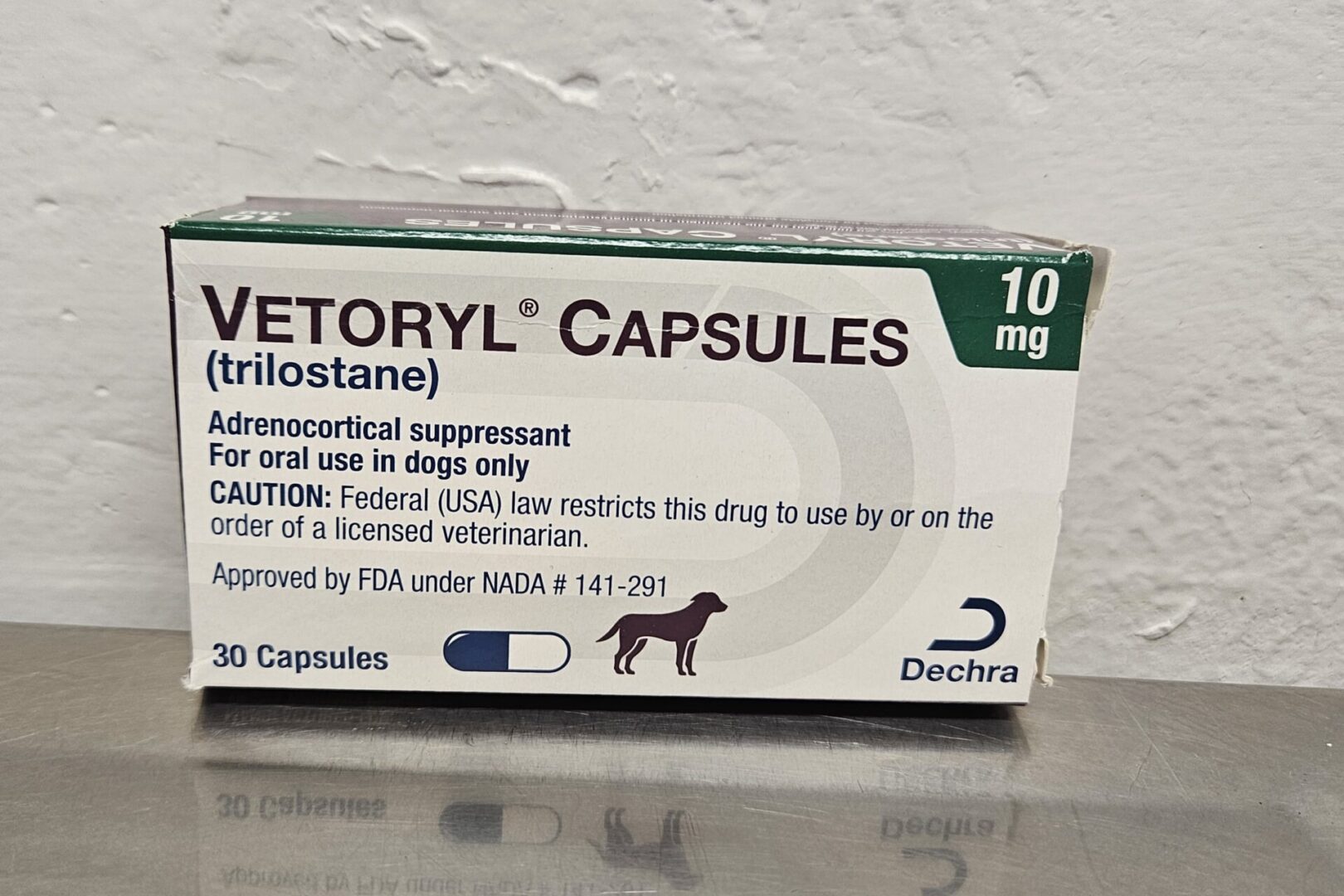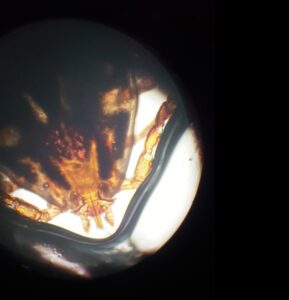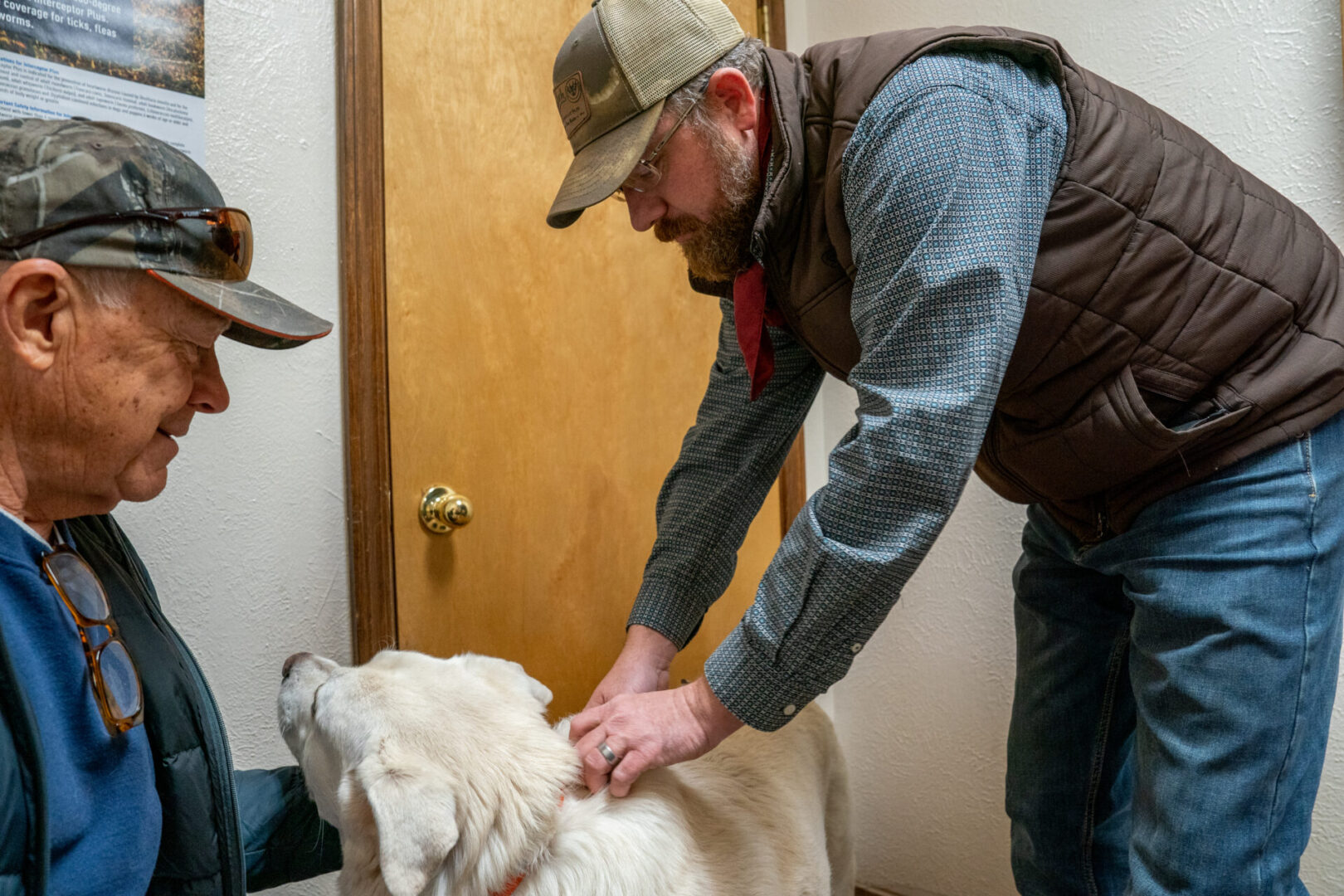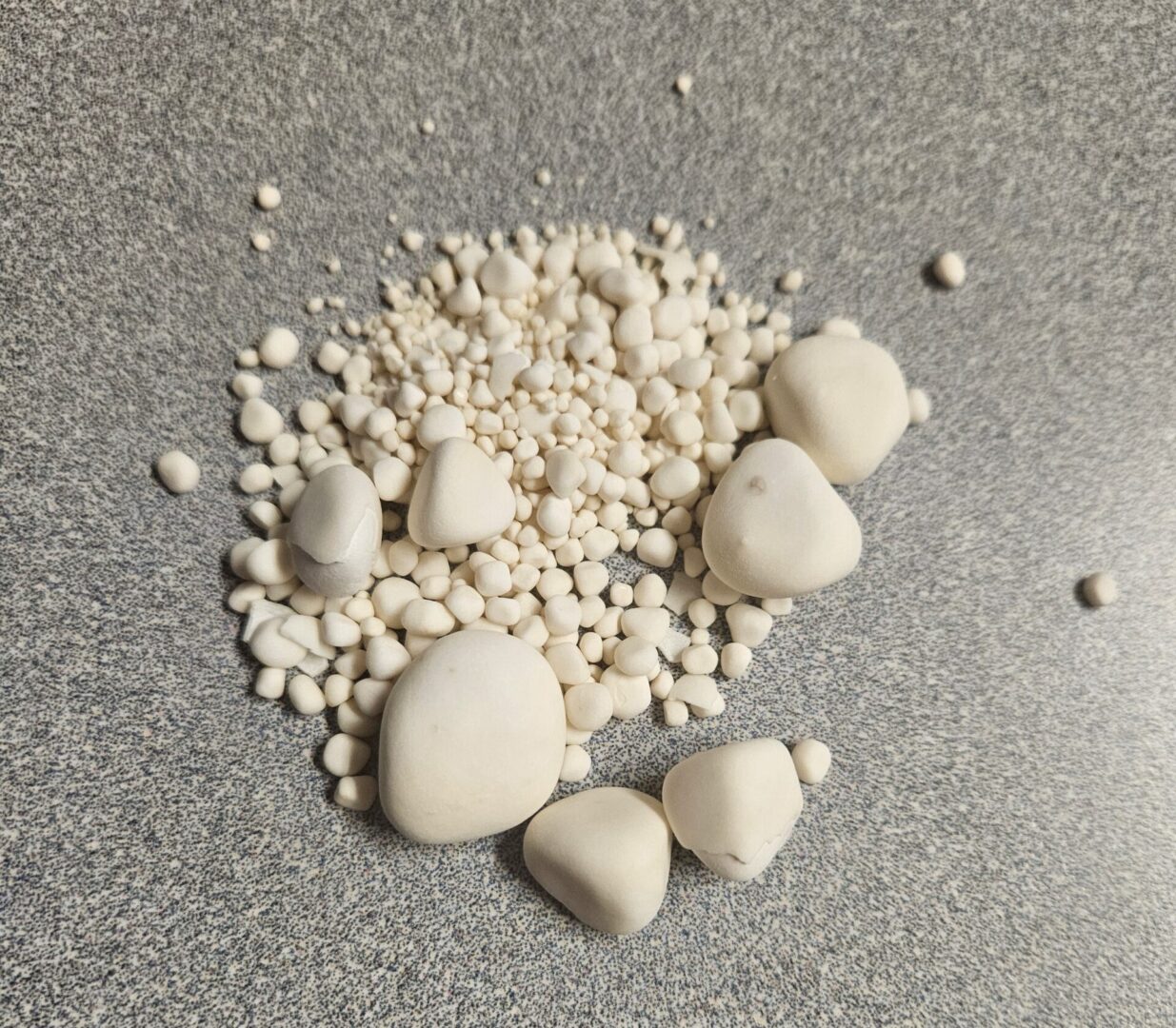Seven Steps to Your Pet’s Dental Health
Many of our pets will show gum disease by the time they are four years old; some can be as young as two. If you educate yourself about providing good dental hygiene for your pets and schedule your pet’s annual visits to Village Veterinary Hospital—at which time a dental exam is part of the annual visit—this will help maintain healthy teeth and prevent any possible dental problems.
Here are seven steps that can help you in helping your pet have a healthy mouth.

Antifreeze Poisoning
There are several household items that are toxic to our dogs or cats, one of the most problematic being antifreeze. Antifreeze has a smell and taste that our dogs are attracted to. Antifreeze poisoning can happen quite easily due to the fact that it is commonly spilled on the garage floor or dumped into the street when changed. The chemical in antifreeze is called Ethylene Glycol. It causes extensive kidney damage almost immediately after consumption. When antifreeze is consumed the body starts absorbing the toxin from the GI tract. Once the Ethylene Glycol is metabolized through the liver and kidneys, Calcium Oxalate crystals start to form and there is an increase in the urine pH. The lethal dose of antifreeze is about 3 ounces for a medium to small size dog.

Cushing’s Syndrome
Cushing’s syndrome is what happens when a dog’s body makes too much of a hormone called cortisol. Cortisol helps respond to stress, control weight, fight infections, and keeps the blood sugar levels in check.
There are two types of this condition. One is Pituitary Dependent and the other one is Adrenal Dependent. Pituitary Dependent is the most common form and it affects about 80% to 90% of the animals who have Cushing’s. It happens when there’s a tumor in the pituitary. The pituitary is a pea-sized gland at the base of the brain. Adrenal dependent happens when a tumor is in the adrenal glands. The adrenal glands are located top of the kidneys. Only 15% to 20% of diagnosed dogs have this type.




